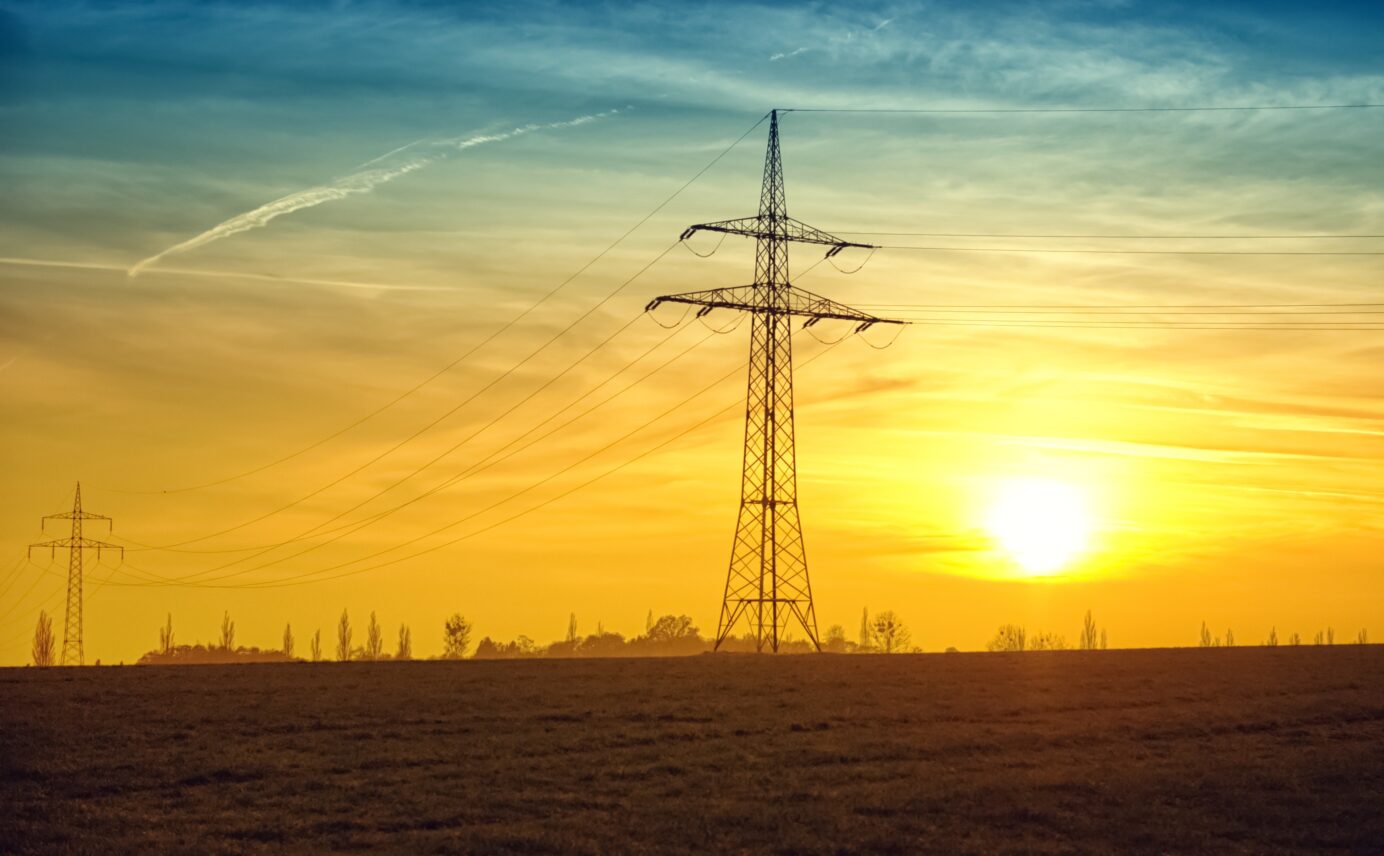With the rising popularity of renewable energy, many people are curious about solar power and its effectiveness. In this blog post, we aim to address common questions and debunk myths surrounding solar power, shedding light on its efficiency, benefits, and how it can work for you.
How Solar Power Works: Solar power harnesses the energy from the sun and converts it into electricity using photovoltaic (PV) panels. These panels contain solar cells that generate a direct current (DC) when exposed to sunlight. The DC electricity is then converted into alternating current (AC) through an inverter, making it usable for your home or business. Solar power systems work efficiently, even in partially cloudy conditions, making them a reliable source of energy.
Debunking Solar Power Myths: There are several misconceptions about solar power that can deter people from adopting this renewable energy source. Some common myths include solar panels not working during cloudy days, being too expensive to install, or requiring constant maintenance. In reality, modern solar panels can still generate power during cloudy weather, the cost of installation has significantly reduced in recent years, and maintenance requirements are minimal.
Environmental and Financial Benefits: Solar power offers numerous benefits, both for the environment and your finances. By utilizing solar energy, you can reduce your carbon footprint, decrease reliance on fossil fuels, and contribute to a cleaner and more sustainable future. Additionally, solar power can lead to long-term financial savings through lower electricity bills, potential net metering benefits, and various government incentives and tax credits.

